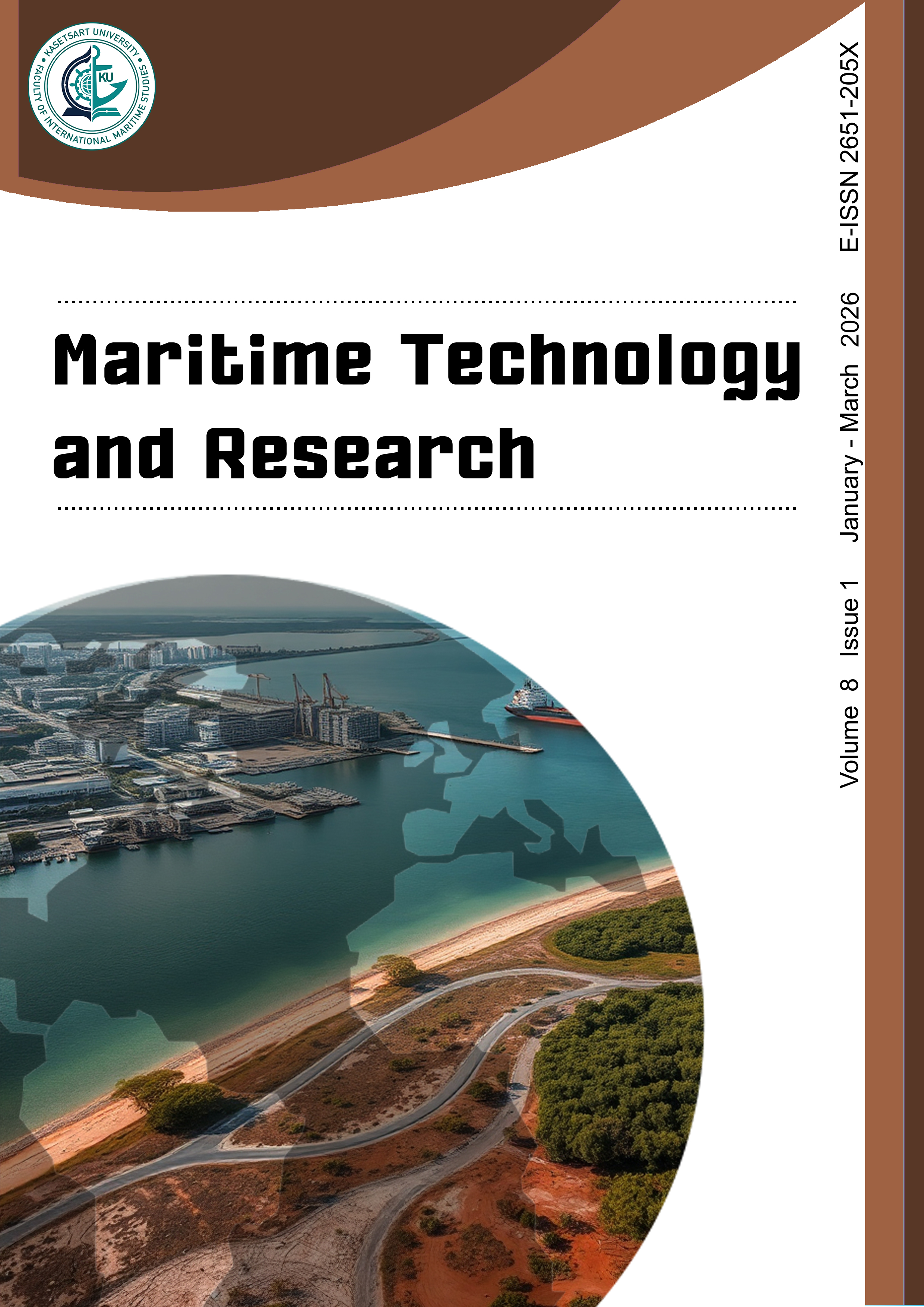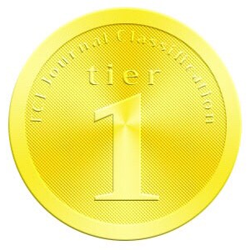Reviewer acknowledgment 2024-2025
The editorial team greatly appreciates the reviewers who have dedicated their considerable time and expertise to the journal’s rigorous peer review process in 2024-2025, regardless of whether the submissions were finally published or not.
Their names are listed in this publication, https://doi.org/10.33175/mtr.2026.286253
Read more about Reviewer acknowledgment 2024-2025










